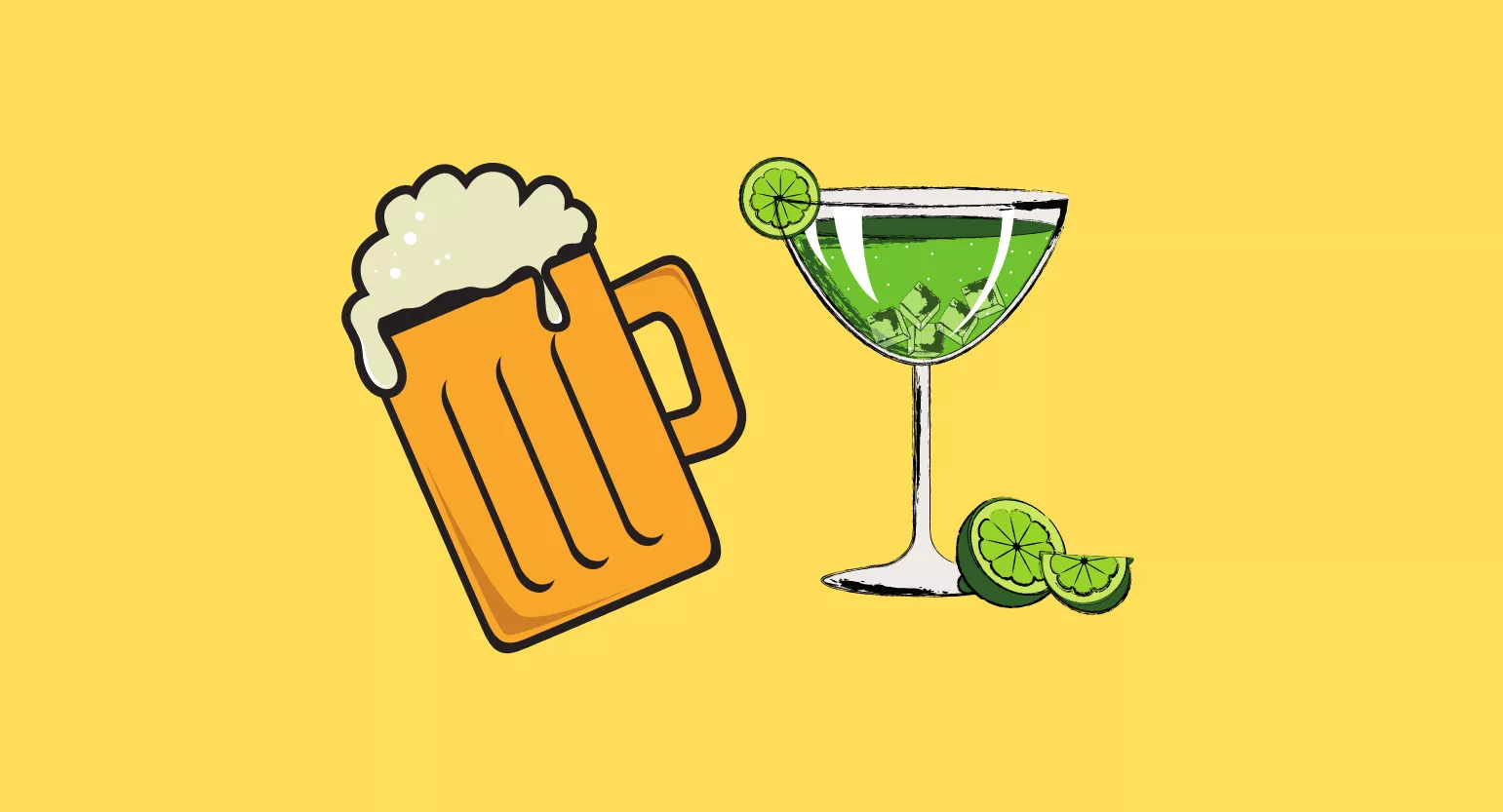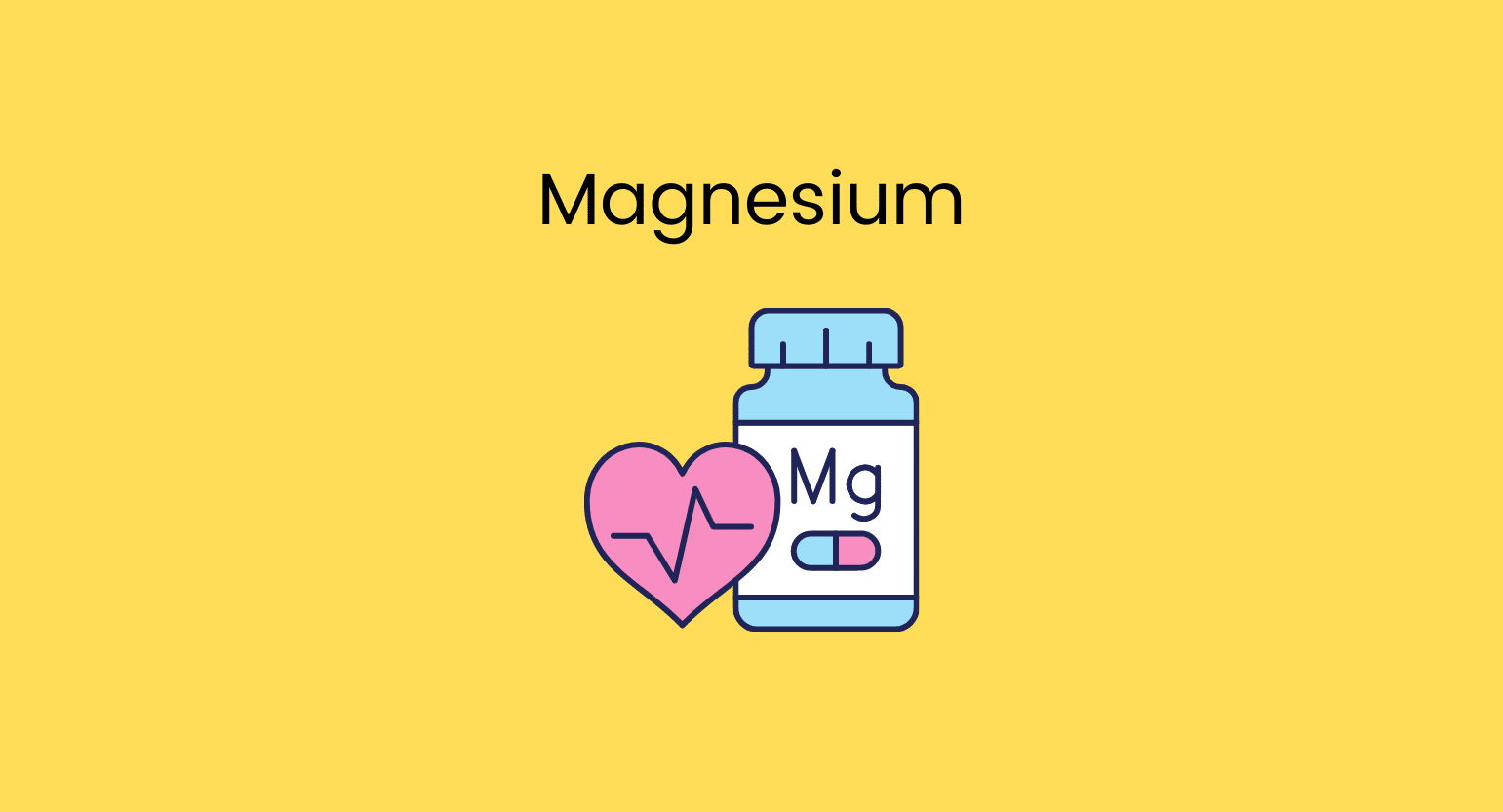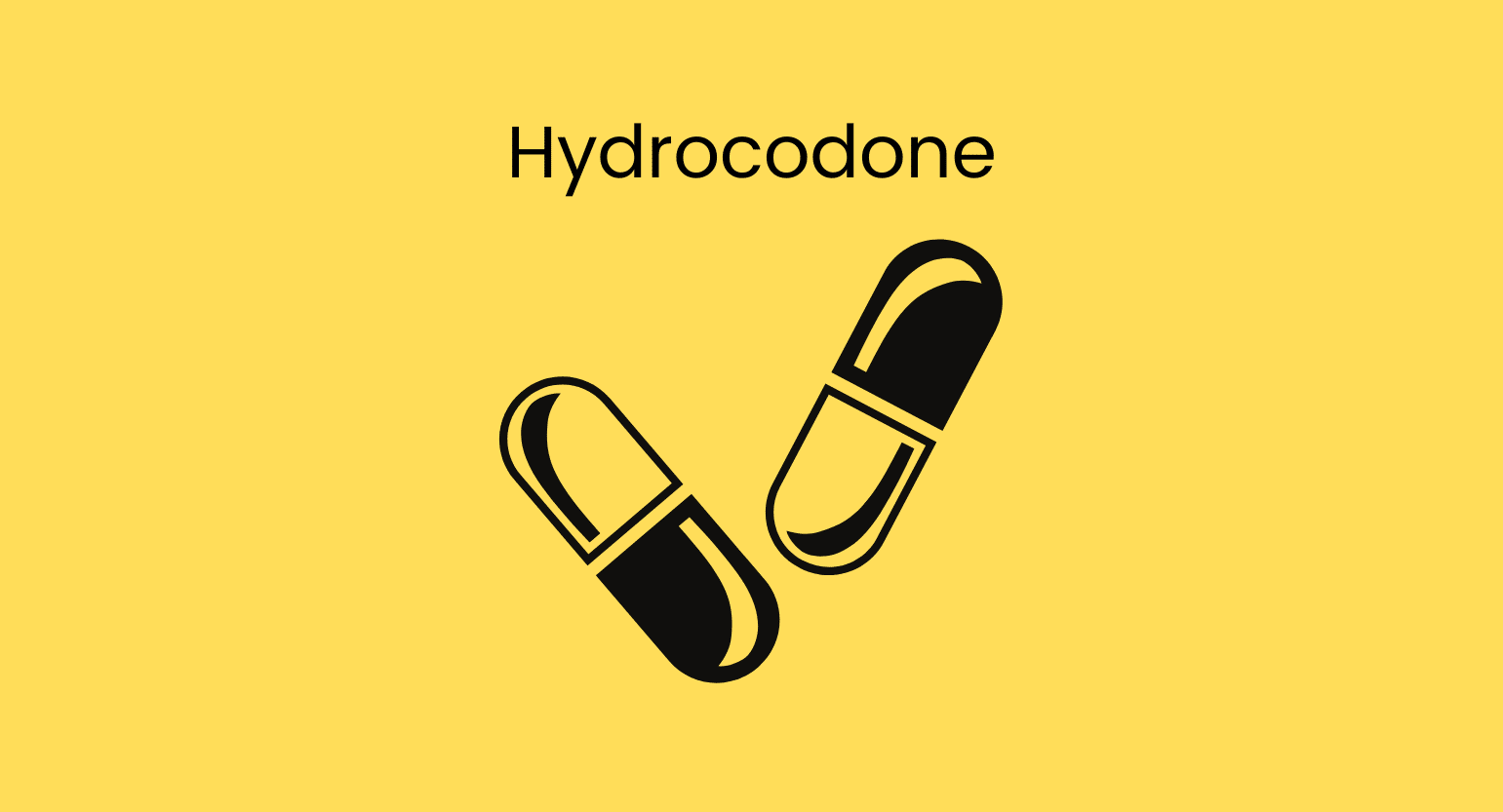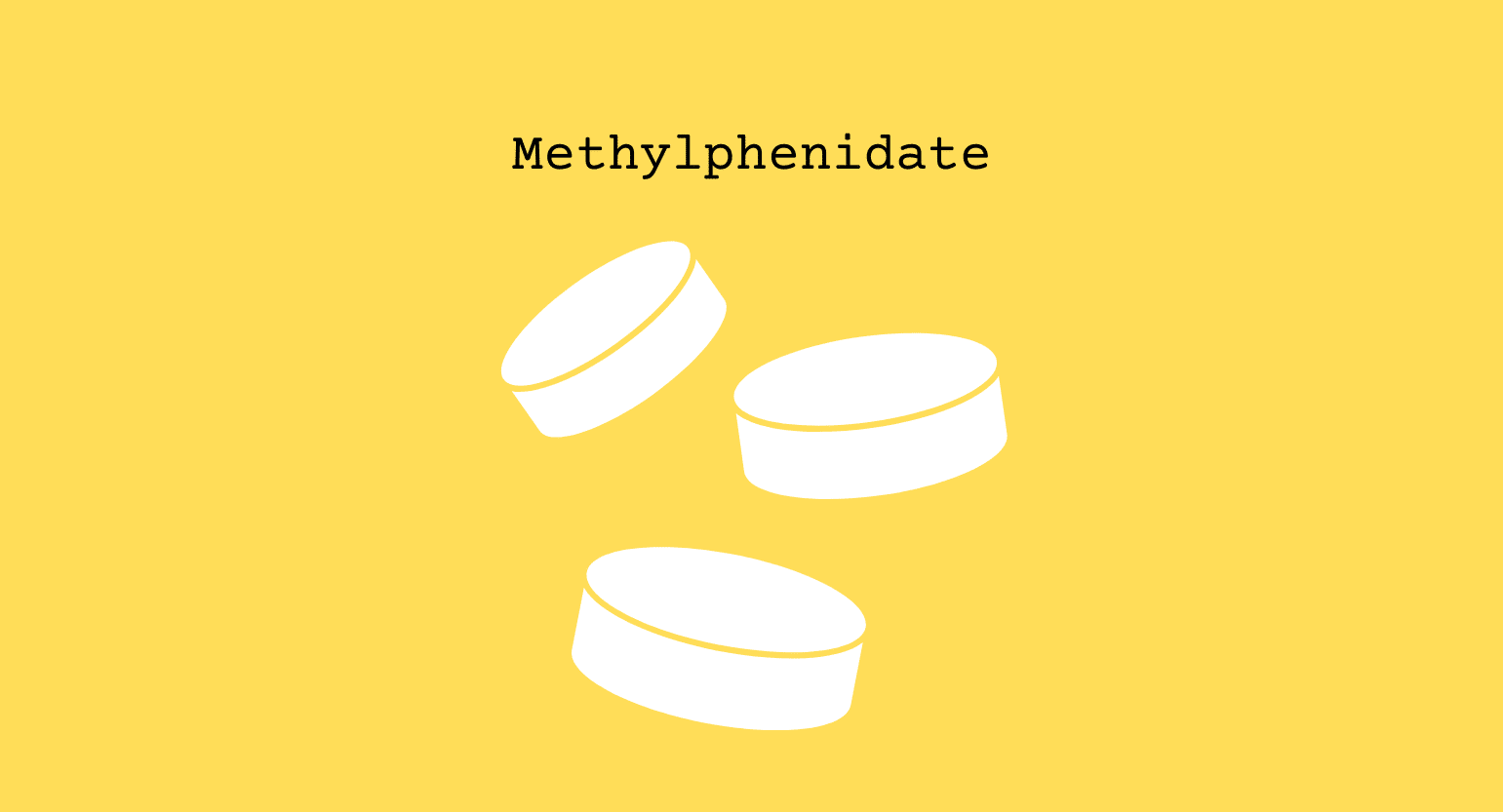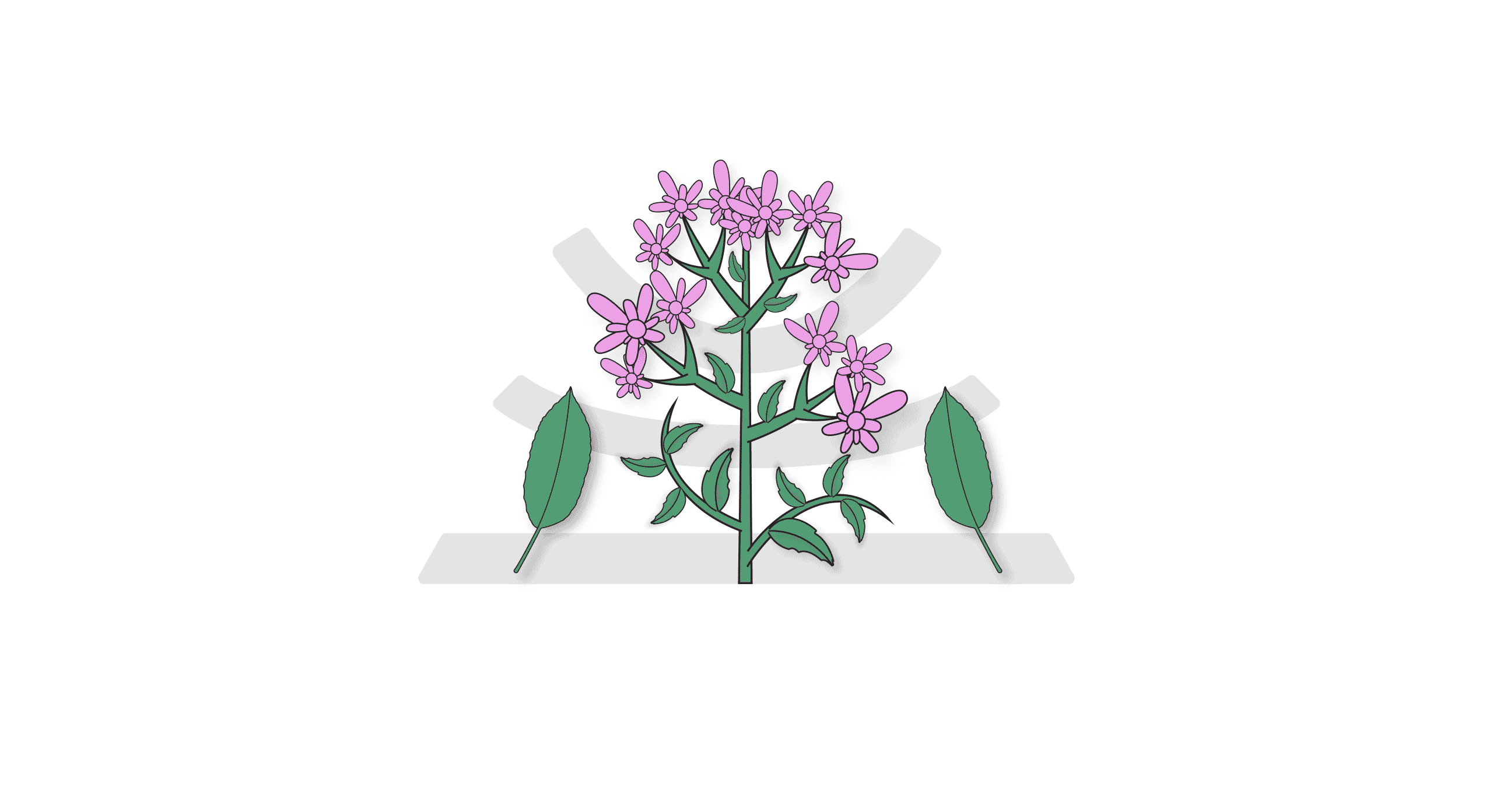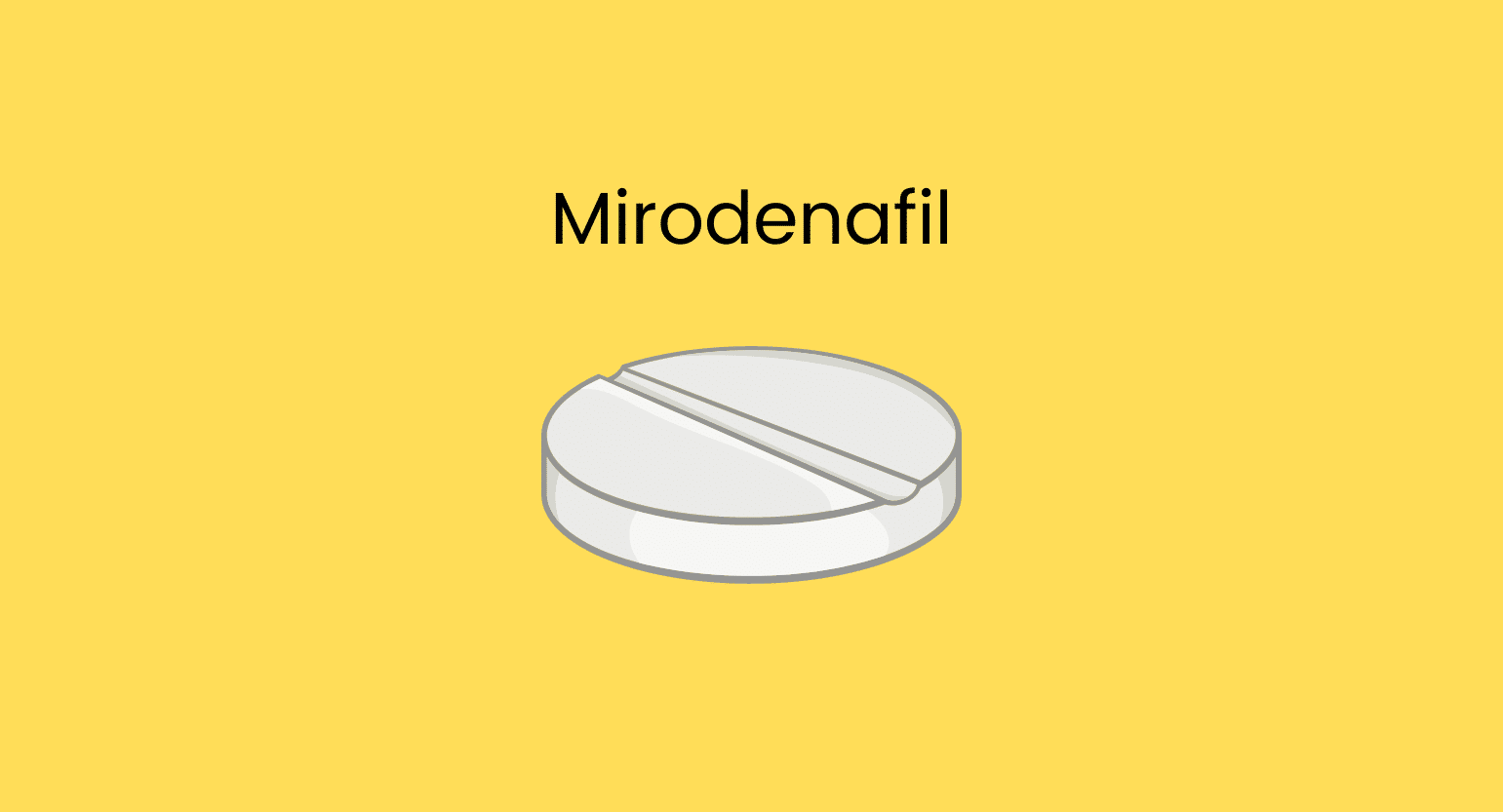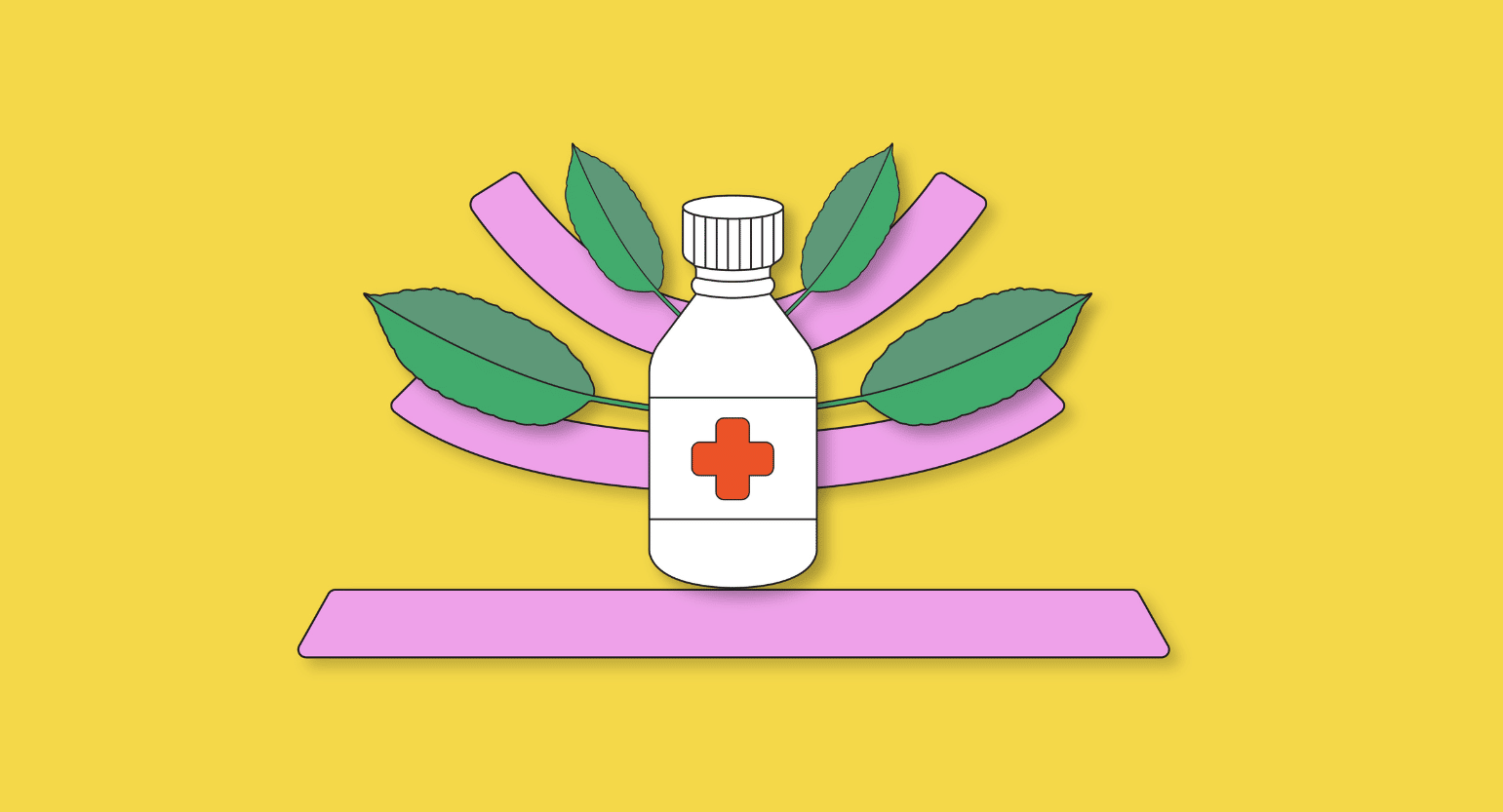Kratom vs. Alcohol: Comparison
| Kratom | Alcohol | |
| Risk of Overdose | Low | Moderate |
| Mechanism of Action | Opioid receptor agonist Adrenergic agonist | GABAergic |
| Therapeutic Uses | Pain-relief Anxiety-relief Energizing Mood-Supportive | No approved medical use |
| Most Common Side-Effects | Nausea Dizziness Sedation | Nausea Sedation Aggression |
| Risk of Addiction | Moderate | Moderate |
Combining Kratom & Alcohol: Is It Safe?
How often do you use kratom? How often do you drink? These factors will play into the safety of combining these two substances.
Overall, you should never mix kratom with alcohol. Both substances strain your liver, kidneys, and cardiovascular system. Taking both at the same time could exacerbate these effects and lead to damage.
Both substances share similar side effects —combining them can lead to even worse side effects. The most common side effects of mixing kratom and alcohol are muscle weakness, lack of coordination, dizziness, and nausea.
Additionally, both alcohol and kratom are dehydrating diuretics. They dry the body out by increasing the rate of urination. It’s extremely important that you drink a lot of water while you’re using the substances together.
A good rule of thumb is to drink a full glass of water each time you take a dose of kratom.
Why People Combine Kratom & Alcohol
The first thing that you should ask yourself is, “why do I want to mix kratom with alcohol in the first place?”
Do you not enjoy either substance enough on its own?
Do you want more benefits?
Are you looking for a stronger buzz?
It’s important to truthfully answer this question for yourself because it can help you determine whether or not it’s wise to mix the two substances.
Alcohol tends to make people sloppy and disoriented. Kratom can be useful for improving focus and energy. Some people may be interested in combining kratom with alcohol in an attempt to counterbalance some of the booze-induced disorientation.
This is a slippery slope, as taking too much kratom can worsen these symptoms.

Kratom, Alcohol & Overdoses
Relatively speaking, kratom overdoses are not especially dangerous. Kratom has a sort of self-limiting measure that prevents it from becoming dangerous.
Unlike other opioids —which can cause serious and potentially fatal respiratory depression —kratom tends to incapacitate people simply by causing the wobbles. The wobbles are actually pretty similar to a state called the spins, which most heavy drinkers are familiar with.
The wobbles are characterized by lack of coordination, vertigo, dizziness, nausea, and sometimes vomiting. These are about the same symptoms as the spins caused by alcohol.
Taking kratom and alcohol together greatly increases the risk of experiencing these side effects. The wobbles are not usually dangerous on their own — they’re just uncomfortable.
Alcohol poisoning is much more serious than the wobbles. If you experience an alcohol overdose and pass out, you may vomit in your sleep. One of the most common ways that people die from alcohol is by choking on their vomit after passing out.
Alcohol overdoses can also occur while the person remains conscious. It can cause heart or liver failure if blood alcohol levels become too high — though this is exceedingly rare.
At this stage, a paramedic would rush the drinker to the hospital so their stomach could be pumped before any more alcohol is absorbed.
Kratom, Alcohol, & the Liver
It’s well documented that alcohol takes a heavy toll on the liver. While researchers have not fully identified kratom‘s role in the liver, there have been cases of long-term kratom users developing problems with their liver [1].
The exact mechanism that causes these liver problems is not understood, and it seems to happen arbitrarily and only to certain people.
Nonetheless, this suggests that there is some interaction, potentially a dangerous one, between kratom and the liver. If this is the case, consuming it alongside alcohol further aggravates these risks.

Can Kratom Fix a Hangover?
Kratom may help manage headaches and low energy felt during a hangover from alcohol, but only if you’re also taking other measures like drinking plenty of water and replacing lost B vitamins and electrolytes.
It’s important to understand what’s happening to your body when you have a hangover. People often attribute hangovers to simple dehydration. Dehydration is certainly a factor, but there are other things involved.
Alcohol zaps the body out of several important nutrients, especially the B complex vitamins. The B complex vitamins are important for many different things, including nerve signaling and function. It also drains the body of magnesium. One of the primary side effects of magnesium deficiency is a headache.
Many of alcohol’s active metabolites are also directly toxic to the body. Acetaldehyde, the main byproduct of alcohol metabolism, is extremely toxic. As such, a hangover is not just a result of dehydration but also the physical feeling of a toxic compound wreaking havoc on your organs.
Are Kratom & Alcohol Addictive?
Any substance that makes you feel good plays with your dopamine system. This system motivates you, allows you to feel pleasure, and generally gives you the drive to enjoy life.
Abusing this system with herbal supplements, drugs, or alcohol can cause problems. Over time, you’ll have a hard time enjoying daily activities. You’ll also lose your motivation and zest for life.
This happens when your brain attempts to fight back against the constant bombardment that the dopamine system is experiencing. This process is called downregulation. It manifests as tolerance to the substances you’re using and decreased motivation and mood.
Your nervous system is essentially forced to adjust its biochemistry to account for the presence of a particular substance to maintain balance.
Unfortunately, most people don’t know what’s going on in their heads. Instead of acknowledging they’ve become addicted, they ramp up the amount of stimulation they get.
For some, this means gambling with bigger stakes; for others, it involves eating more and more fast food and sugary snacks, taking higher doses of kratom, or drinking stronger drinks — to get the same satisfaction.
Find out more about kratom addiction here.
The Risks of Polysubstance Abuse
In this particular scenario, one thing that is certainly a concern is the possibility of slipping into polysubstance abuse. If you drink while taking kratom and find it enjoyable, then you’re setting yourself up for a dangerous cycle.
Rather than being content with the experience provided by either alcohol or kratom, people with addictive personalities tend to push the envelope as far as they can.
People may also begin adding more substances to their intoxication cocktail to offset some of the unpleasant side effects that they’re experiencing from too much usage.
For example, using too much kratom might cause issues like anxiety or social withdrawal. This means you need to stop using kratom. This is your body’s warning. You’re getting the message to put down the herb for a while and let your body recoup.
If you choose not to do this instead of opting to drink alcohol to numb these side effects, you’re staring down the steep slope to addiction.
If alcohol isn’t enough for you now, and you feel like you must combine it with kratom, what’s next? Perhaps after this, the combination of kratom and alcohol will begin to wear thin. You may find that you reach out to more intense substances to catch the same buzz.
Remember that both substances can be addictive on their own. Mixing the two of them is playing with fire.
Learn more about how to quit kratom.

Can Kratom Help With Alcohol Addiction & Withdrawal?
Kratom and alcohol both have similar effects, but they work through completely different mechanisms.
Because of this, kratom isn’t as useful for assisting with alcohol addiction as it is for managing addiction to opiates — which share the same mechanism of action.
Typically, doctors prescribe drugs like benzos to fight alcohol withdrawal. The irony is that these drugs work the same way alcohol does. Ultimately, they’re just going to prolong the withdrawal.
This is why kratom may appeal to alcoholics who are going through mild to moderate alcohol withdrawal. Kratom is not a GABAergic drug. In other words, it won’t prolong your withdrawal.
It won’t necessarily eliminate your symptoms in the same way that something like a benzodiazepine would.
However, kratom can work wonders for helping to relieve psychological symptoms, such as anxiety and depression, as well as many of the physical symptoms of alcohol withdrawal, including digestive issues, crawling skin, restlessness, and insomnia.
Because kratom can be both a sedative and a stimulant, it can be useful during all stages of alcohol withdrawal. In the evening times, using a red strain of kratom can help you overcome your anxiety and get a good night’s rest.
Signs & Symptoms of Alcohol Addiction & Withdrawal
Alcohol withdrawal is a collection of symptoms that occur when somebody stops drinking after becoming dependent on alcohol. As mentioned briefly above, these symptoms are largely a result of overexcitation in the nervous system caused by the depletion of GABA.
Symptoms of alcohol withdrawal can be extremely serious. The most important thing to be said here is that alcohol withdrawal should be attended to with the help of a professional.
For the average alcoholic, symptoms of withdrawal may include the following:
- Anxiety
- Cravings
- Delusions
- Depression
- Digestive issues
- Discomfort in hours
- Distorted thinking
- Hallucinations
- Irritability
- Sweating
- Tremors
Most of these symptoms are uncomfortable, but they are not necessarily dangerous. They can, however, be enough to impair your ability to function.
In these situations, kratom may actually be a very useful tool to help people work through their withdrawal symptoms. In fact, kratom may be even more useful than some medications that are prescribed by doctors for alcohol withdrawal.

Current Treatments for Alcohol Abuse Disorder
There are a few standard treatments for Alcohol Abuse Disorder.
1. Detox & Withdrawal
The first and most important part of treatment is detox and withdrawal. Most doctors and addiction workers will recommend that you undergo this phase with the help of a medical professional.
In this case, doctors will be able to provide you with medications to prevent any emergencies. You’ll also be able to overcome some of the most uncomfortable symptoms. However, many of these medications simply prolong the withdrawal period.
We’ll compare the use of withdrawal-fighting drugs and kratom in the next section.
2. Counseling
Counseling and therapy are some of the backbones of any rehab program. During this program, you’ll learn how to manage your alcoholism and cravings with healthy coping mechanisms.
3. Group Support
Attending group support and group meetings is important for people who struggle with alcohol addiction. Group meetings like Alcoholics Anonymous have proven successful for thousands of people.
What is Kratom?
Kratom, or Mitragyna speciosa, is a tree that grows native to Southeast Asia. Here, the leaves of the kratom tree were traditionally chewed for several reasons.
Kratom allows people to reduce stress, increase energy levels, and manage pain. It’s the ideal supplement for people who are interested in performing their best at work and pushing through long days.
Paradoxically, kratom can also be useful for helping to unwind after a long day and help you sleep. Kratom contains a complex arrangement of different alkaloids, all of which have different functions.
These different alkaloids allow kratom to produce a variety of different effects.
There are four main types of kratom, each with a unique twist in terms of the expected effect profiles:
- Red vein kratom — most sedating strains
- Green vein kratom — middle-ground of sedative & stimulating effects
- White vein kratom — most stimulating effects
- Yellow vein kratom — more stimulating than red and green, but less than white vein

Comparing The Top Kratom Brands
| Top Kratom Vendors | Pros | Cons | Coupon Codes & Discounts |
| Kona Kratom | • Extensive product lineup • Fresh batches • Consistently high product potency • Exceptionally fast shipping • AKA certified | • Only ships within the US | Use KRATOMORG for 15% off |
| Star Kratom | • Most Affordable • Selection of rare kratom strains • AKA certified | • Less selection than other popular vendors | Use KRATOMORG for 10% off |
| VIP Kratom | • Specializes in premium kratom • Options for capsules & raw powder for most strains • AKA certified | • Premium products mean premium pricing | Use KRATOM10 for 10% off |
Conclusion: Final Thoughts on Kratom & Alcohol
It’s certainly possible to mix kratom with alcohol, and plenty of people have done it before — but we can’t say it’s safe to do so.
Mixing alcohol and kratom increases the risk of side effects, addiction, and overdose.
Some people report success after using kratom to manage alcohol addiction, but this should be approached cautiously. Kratom can help with side effects like anxiety or insomnia, but if used incorrectly, it could make the situation worse.
It’s better to keep these substances separate and seek other ways to alleviate the side effects of alcohol addiction, withdrawal, or hangover rather than kratom.

